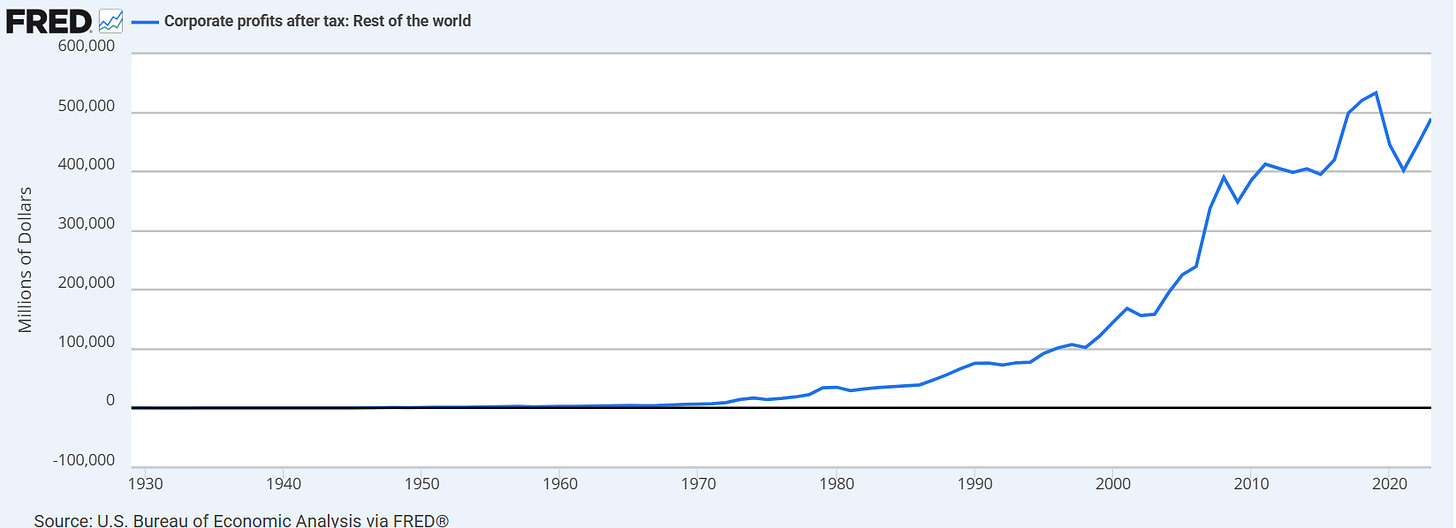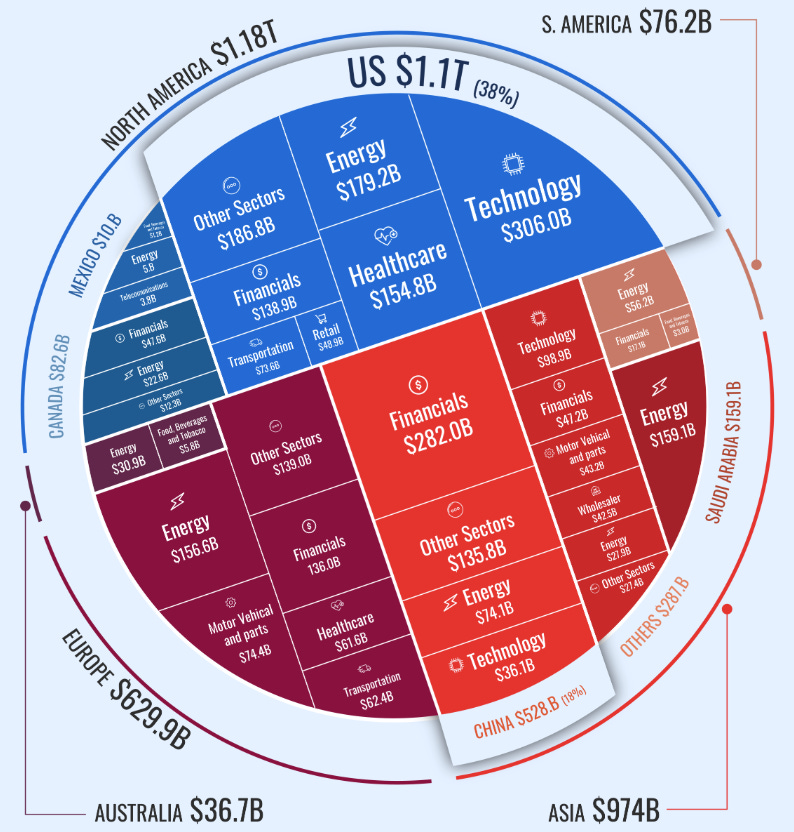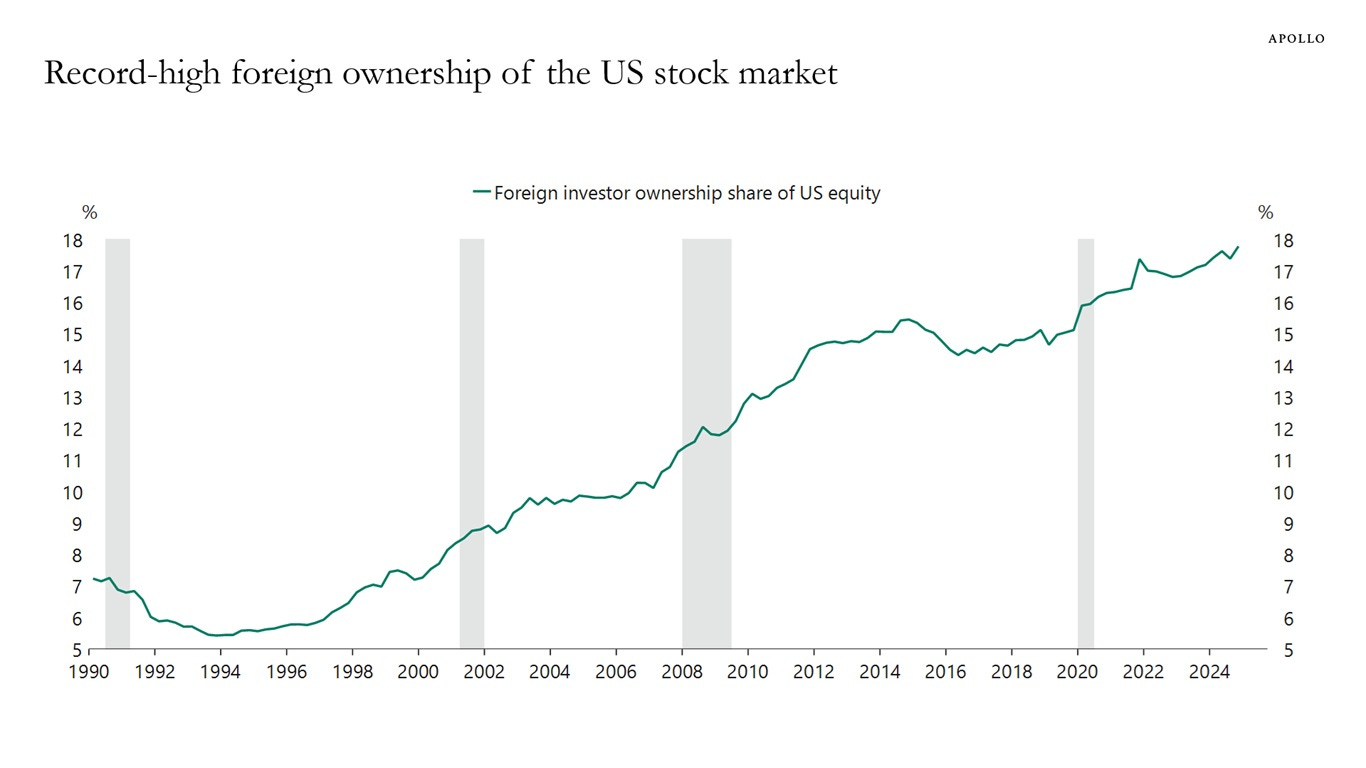Neo-Mercantilism and the New American Century
Empire has to live in your heart before it lives in the world
The Trump administration has taken a new turn, effectively imposing export taxes on AMD and Nvidia while also introducing new tariffs on gold bullion. If one is as good as gold as the other, this would harken back to the days of the British Empire and bullion ships bringing back the earnings of acquisitions from far away lands.
While all that glimmers certainly is not gold, the desire for a martial spirit which imposes its perspectives on the wider world, whether through trade or conquest, speaks from deep within the heart of European man (and perhaps all men, truly) that the endless will to expansion is in fact what makes life worth living, or at least gives life a flavor and pallor of indeterminacy in which anyone can make their own luck, and the clever and righteous can make a fortune with only their own savvy and dissembling aura at their disposal.
My good blade carves the casques of men,
My tough lance thrusteth sure,
My strength is as the strength of ten
Because my heart is pure.
Tennyson, Sir Galahad
Ultimately, what the Trump Administration is proposing is simply a more explicit form of the social imperialism which the United States has already practiced since World War II and essentially since it’s founding. The issue is simply one of propriety - Europe and Asian countries have practiced it for centuries when given the opportunity, but America does it and everybody loses their minds.
The New Dawn of Social Imperialism
As time goes on, it becomes clear to most scholars (amateur and otherwise) that we know significantly less about human history than we tend to let on. The idea that humans existed in organized permanent settlements only in the last 12,000 years, and that those settlements are significant in size, influence, and economic integration between them only in the last 3 to 4,000 is a paltry understatement when contrasted with the idea that humans, at current levels of cognition, are at least 300-400,000 years old.
Fossil record can be tricky, because we cannot possibly find everything everywhere all at once, nor can we make meaningful inferences about every kind of human settlement when we lack records but for those who seemed to carve their grain counts in stone. What remains true about human affairs in what we observe of the fossil record is that power often exists with a center, fed by a periphery, to which it returns benefits, and with time peripheries grow stronger in power, followed by centers, which then grow more, until peripheries weaken, and ultimately centers “cannot hold”.
This is true of Babylonian and Sumerian civilization, Ancient Egypt, what is know about Greece prior to the Bronze Age Collapse and also in the classical period of Greece, Rome, all the way into the Muslim conquests, early modern China and so on. It is now in the last 250 years true of Europe and is playing out in a phased approach in North America, but as clear challengers emerge to institute new centers of power, these centers lack the peripheries needed to make them truly great.
So what does this have to do with social imperialism? In the practice of empire, it is important to understand who gets fed first, but that while pigs get fed, hogs get slaughtered. Understanding social imperialism as a metaphor means that those who provide the basis of power to a system must be the ones who 1) protect its conventions and 2) permit it to expand and project its power when needed - if those acolytes are not guarded, systems ultimately degrade and collapse, as was perhaps most clearly obvious in the historical record of the late Roman Empire.
Social imperialism could be considered as old as the Athenian silver mines in Attica, but it’s most recent predicates lie in the late 19th century Prussia of Bismarck, which was the first modern “state” to introduce broad-based benefits like social security and a retirement age. These benefits were at first limited in scope, but the fact that they were first introduced in central Europe’s foremost practitioner of high militarism should come as no surprise: the soldiers of a strong empire often come not from mercenaries, but from the organic allegiance of rural peoples. These peoples suffer to practice trade, crafts, and do the work which grows the prosperity of a nation. If these peoples are discouraged in their labors, the strength of the army, and ultimately the strength of the state, will only suffer in the long run. In a world where individual states are the highest authority, the strong do what they can, and the weak suffer what they must.
Centers of Power are Essential for the Creation of Benefits
That observation about the strong and the weak is typically attributed to Thucydides, while the concept of social imperialism was first syncretized by Lenin as a critique of Fabian socialists in England. Ultimately, we know Lenin’s critiques of power ultimately coalesced into new centers of power with the same old imperialist attitudes - perhaps in part out of fear or a desire for security, but in that lies the point. Even communists cannot afford to be weak, or they will suffer too, and then what is left for those upon whom their power relies.
So in this context, we know that everything from the modern welfare state to the proliferation of advanced science and technology depends as much on the concentration of power - in our age, capital - as it does on the even and fair distribution of power between market participants. Without sufficient concentration, distribution can hardly take hold.
This would contradict in some respects both the Austrian and Marxists schools of economics, however in Marxism, capital originates from primitive accumulation. For Mises and the Austrian school, markets originate from the accumulation of surplus in such a manner that permits firstly trade and then local specialization. In both cases, there are predicates to modern economic systems which imply both a periphery and a center.
The most succinct description of this is Wallerstein’s world-systems theory, which implies a core and periphery in the global context. This author is only one quarter of the way through this succinct account, but enough implications exists: systems must develop over time in order to locate their center, and once the center is defined, the relationships with the periphery will move back and forth up to and not beyond the point where enough of the periphery chooses not to sustain it, and the center cannot martial enough elements of the periphery to police the dissident elements back in line. We can see a simple evolution of this from the Korean War to Vietnam - in the former, America had many allies join its effort, in the latter very few, and ultimately to much worse outcomes as an example of the power of its system.
Accepting Mercantilist Transition as a Return To, Not Defeat of, The Progressive View of History
Ultimately, the United States under the Trump administration is procuring more and more sources of revenue to support its ability to remain solvent, but that ability is primarily under the guise of maintaining benefits like Medicare and Social Security which neither cadre in Washington is willing to significantly reform, lest they incur the wrath of the dreaded populace which composes its business interests, its military, its civil service and so on.
There is the secondary challenge of having a populace, to which the US is better positioned than the rest of the western world both from the perspective of birth rate and its shibboleths around integrating immigrates into the American civic religion, however the principles of a social imperialist United States require its federal system to now extract value from the international trade which it has up to now subsidized with free security, incentives and trade agreements for the rest of the world.
And while there has been much made about the rise of China and the progress of international centers of capital, according to what tracking exists, the United States continues to partake in the lion’s share of global corporate profits year after year. While no direct comparisons exists, US corporate profits continue to outpace international firms, and do so more in value-producing sectors while the closest challenger - China - is overweight the financial sector in its share of corporate profits.
source: https://fred.stlouisfed.org/series/A3274C0A144NBEA
source: https://www.growandconvert.com/research/most-profitable-fortune-500-companies-in-2023/
While much of those profits can be distributed to the rest of the world, foreign ownership only accounts for about 18% of US Stocks.
source: https://www.apolloacademy.com/record-high-foreign-ownership-of-the-us-equity-market/
So while the United States is now extracting more of the value it creates for the world, creating a sense of fairness and equality at home is more necessary for its long term success. What could this look like? A reorganization of social benefits, more for student supports and general healthcare and less for social security and medicare as a share of the economy? Increased investment in domestic training, infrastructure and income guarantees?
There is no predicting the ways in which Americans would love to see life become easier, and most citizens in modern countries have decried the state of the poor in the United States. Interestingly enough, it will essentially be their money that will now pay for the concentration of capital that will permit the expansion of social benefits in the United States, which brings about the age old truth we often see: we are often happy to see others prosper from benefits, until we realize we’re the ones actually paying for it.





